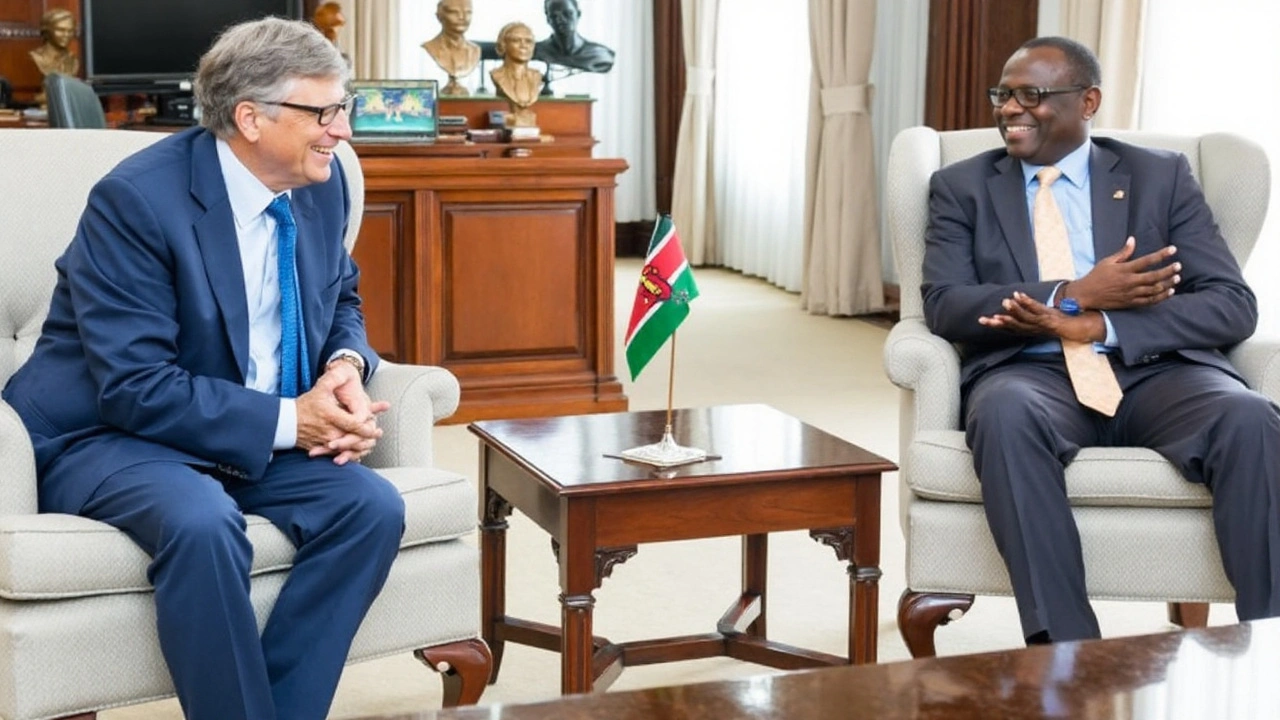Gates Foundation: What It Does and Why It Matters
When you hear "Gates Foundation," you probably think of Bill and Melinda's massive charitable engine. In reality, it’s a network of scientists, policymakers, and local partners working on the ground to solve big problems. From fighting malaria to improving school curricula, the foundation’s goal is simple: make life better for the poorest people on the planet.
What sets the Gates Foundation apart is its data‑driven approach. Before funding a project, they run pilots, collect numbers, and adjust the plan based on what works. This method helps them avoid waste and focus on real impact.
Major Focus Areas
The foundation splits its money into three main buckets: global health, global development, and U.S. education.
Global health covers vaccines, disease surveillance, and nutrition. Their work helped roll out the pneumococcal vaccine in dozens of low‑income countries, cutting child pneumonia deaths by millions. They also fund research on malaria drugs and support COVID‑19 response in underserved regions.
Global development looks at clean water, agricultural productivity, and financial services for the poor. For example, they back tiny water filters that can be built locally, giving families safe drinking water without expensive infrastructure.
U.S. education aims to close the achievement gap. The foundation invests in teacher training, early‑grade reading programs, and technology tools that help schools track student progress in real time.
How You Can Get Involved
You don’t need a billion dollars to support the Gates Foundation’s mission. Sharing their research on social media spreads awareness, while volunteering with local NGOs that partner with the foundation amplifies their reach.
If you work in tech or health, look for grant opportunities on the foundation’s website. Even a small pilot can become a model for larger programs if it shows results.
Donations to affiliated charities also help. Many organizations, like Gavi the Vaccine Alliance, receive direct funding from the Gates Foundation, so donating there indirectly supports the same goals.
Finally, stay informed. The foundation publishes annual reports, blog posts, and podcasts that break down their latest findings. Knowing what works—and what doesn’t—lets you make smarter choices in your own community work.
In short, the Gates Foundation is a powerhouse of ideas, money, and partnerships. By focusing on evidence‑based solutions, they aim to break cycles of poverty and disease. Whether you’re a student, professional, or simply a curious reader, understanding their approach can inspire you to take action in your own circle.

Bill Gates meets President Ruto at State House Nairobi for talks on health, tech and agriculture
President William Ruto hosted Bill Gates at State House, Nairobi, for a high-level meeting focused on development priorities. No detailed readout was shared, but health, agriculture, and digital innovation are expected to be in the mix given the Gates Foundation’s footprint in Kenya. The visit underscores Kenya’s role as a regional hub for global philanthropy and public–private partnerships.